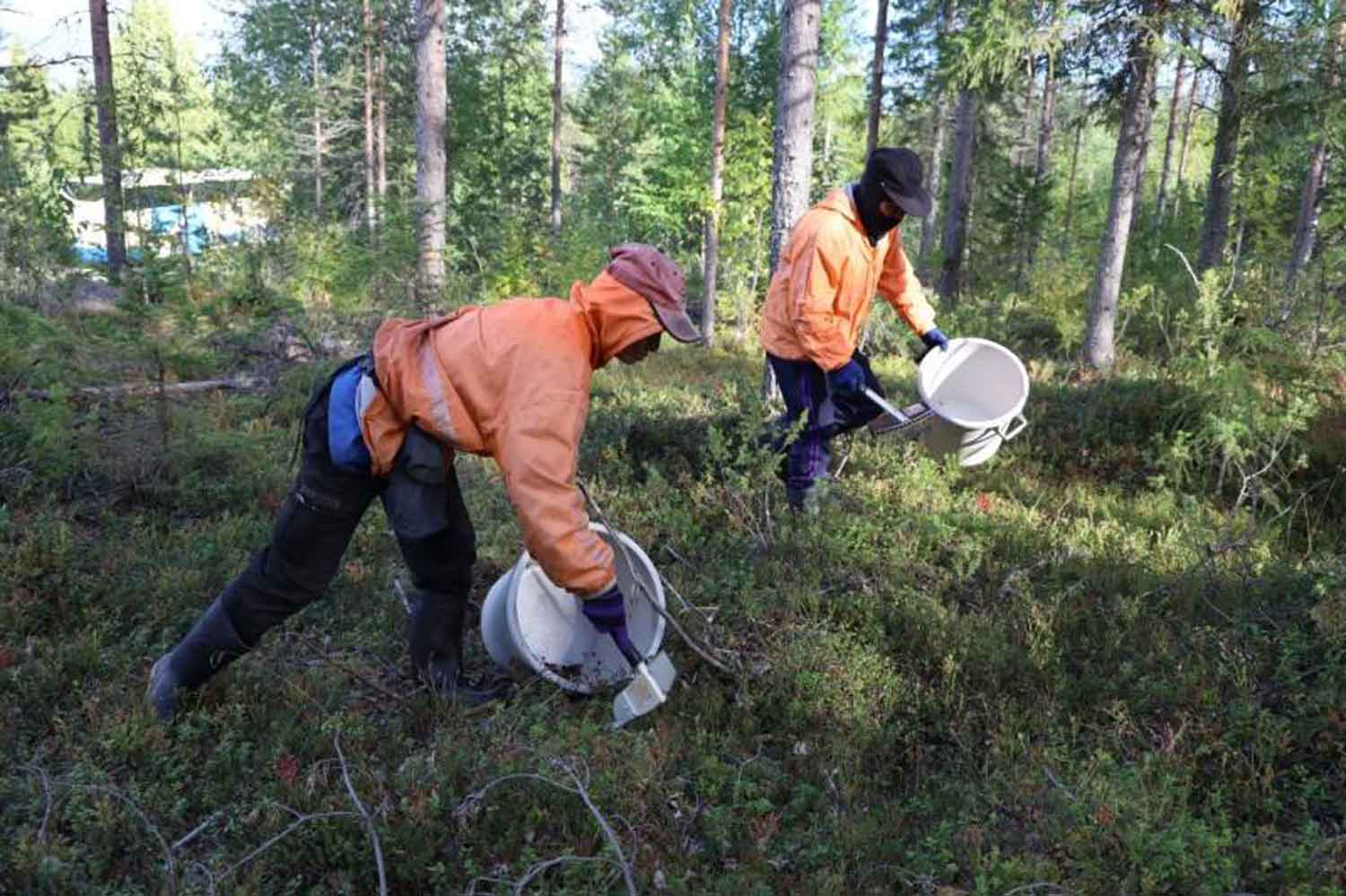
The Ministry of Labour will start talks with the Swedish embassy in Thailand, after it threatened to suspend issuing seasonal working visas to Thai berry pickers following reports of unfair treatment by employers and job brokers, it said on Monday.
"Even though Sweden has every right to ban Thai berry pickers from entering the country, there must be a way to resolve the situation," said Labour Minister Suchart Chomklin, urging stakeholders to sit down together to hash out a solution.
The minister was responding to a series of Twitter posts by Jon Åström Gröndahl, the Swedish ambassador to Thailand on Jan 13, which said, "Unscrupulous employment actors with shadow contracts and fake documents have no place in the labour market."
"The Swedish Embassy in Bangkok will not facilitate berry pickers until all employers guarantee fair recruitment, safety standards and decent working conditions," the tweet said.
Later on Jan 18, the ambassador tweeted again saying: "Sweden and Thailand (Ministry of Labour) working together on finding solutions and a way forward in ensuring the rights and decent working conditions for Thai berry pickers going to Sweden. Employers and recruitment agencies have key roles and must do their part."
Aside from the Swedish ambassador, the Finnish ambassador had also warned in a Facebook post on Jan 21 that Thai workers intending to go to Finland for a berry-picking job to research the actual costs and their potential income before they apply for the job and go.
Mr Suchart continued, "When problems arise, talks should be launched to clear it up. But if the problem really can't be solved, we're not going to send [Thai berry pickers to Sweden]."
Phairoj Chotikasatien, director-general of Department of Employment, who will work with the embassy on the matter, said the Swedish ambassador was concerned about the problems encountered by Thai berry pickers while working in Sweden.
Mr Phairoj said he met the ambassador around mid-December last year when they discussed working conditions among Thai berry pickers.
He said the problem is more complex than it seems, with more stakeholders involved than just the employers and employees, including brokers which supply these workers to Sweden, as well as companies which buy the berries from the farms that had hired the workers.
Many Thai workers are keen to go to Sweden or Finland to take up berry-picking jobs from July to September each year, in between the rice harvest season and the planting season.
That said, as the number of Thais keen to take up the job has increased over the past two decades, workers are making less money than before.
A source said the number of Thais who travelled to Sweden and Finland to take up berry-picking jobs rose to 6,000 last year, up from 5,000 in the previous year.
As a result, the number of disputes has also increased, with about 400 workers asking the Labour Ministry to act as a mediator between them and their employers and/or recruitment agencies.
About half of these cases have been settled successfully, said the source.
Samarn Laodumrongchai, an expert at the Institute of Asian Studies, said many Thai berry pickers ended up overstaying their visas to take up other jobs when they realised they haven't made enough to cover the debts they took up to secure the berry picking job.







